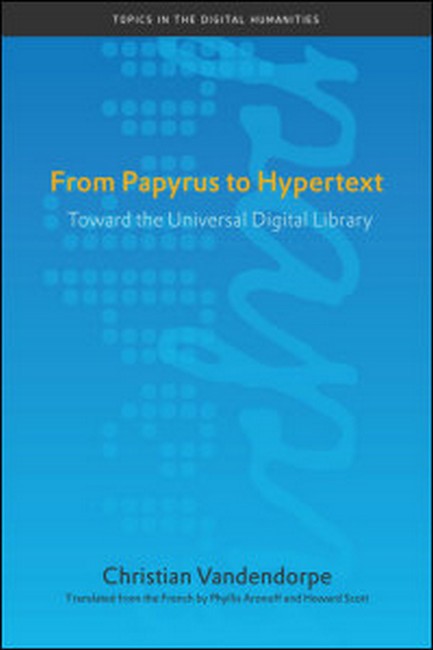Reflections and predictions of technology's effect on reading and writing. In this study, Christian Vandendorpe examines how digital media and the Internet have changed the process of reading and writing, significantly altering our approaches toward research and reading, our assumptions about audience and response, and our theories of memory, legibility, and context. Reflecting on the full history of the written word, Vandendorpe provides a clear overview of how materiality makes a difference in the creation and interpretation of texts. Surveying the conventions of reading and writing that have appeared and disappeared in the Internet's wake, Vandendorpe considers various forms of organization, textual design, the use (and distrust) of illustrations, and styles of reference and annotation. He also examines the novel components of digital texts, including hyperlinks and emoticons, and looks at emergent, collaborative genres such as blogs and wikis, which blur the distinction between author and reader. Looking to the future, reading and writing will continue to evolve based on the current, contested trends of universal digitization and accessibility.''A well-written, pedagogical reflection on the historical, theoretical, and practical position of hypertexts as a new medium of communication. The advanced reader will enjoy the limpid presentation of what we now understand about hypertext; the reader new to the field will have a very readable introduction to what makes it exciting.''--William Winder, coeditor of Computing in the Humanities Working Papers ''A wonderful series of short essays on the nature of text as it has been affected by the digital revolution. Vandendorpe is a careful and intelligent observer of a profound shift in textual behavior.''--William Barker, president, University of King's College, and professor of English, Dalhousie University, Halifax

